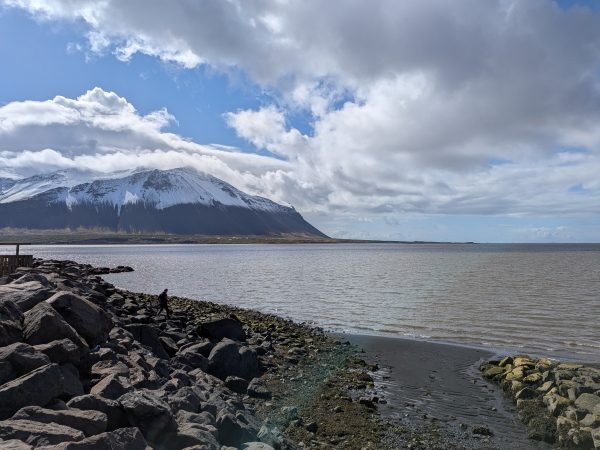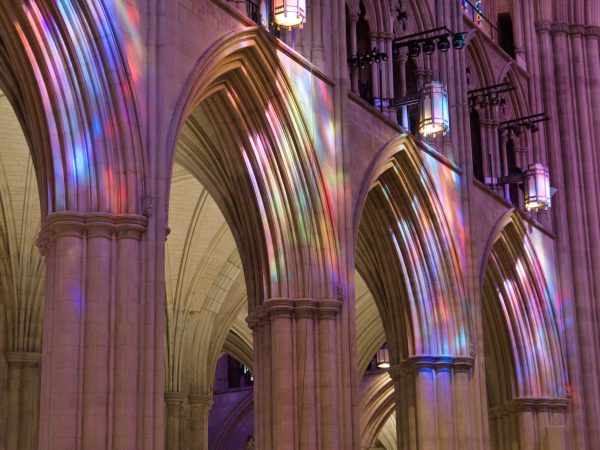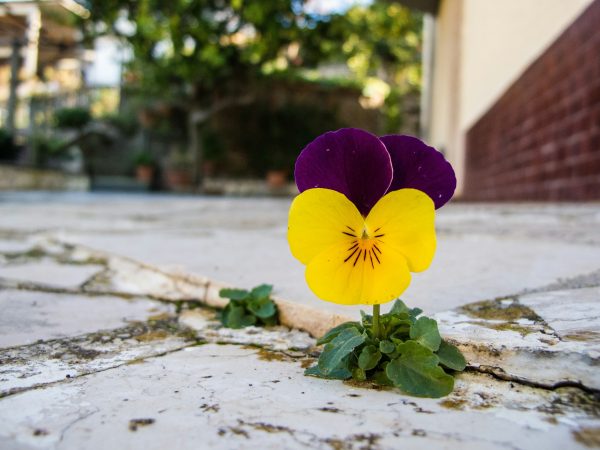
This Third Sunday of Epiphany is a celebration of light breaking into darkness, but as I write, my friends and neighbors are reeling from the death of a legal observer—shot and killed by a federal agent blocks from my home.

Eventually, we all need others, leaving cooperation, humility, and patience the only lasting realities of human access to power. If the last few years have taught us anything, it’s that power can abandon any of us, at any moment – even and especially on a debate stage, in full view of the entire planet. We all forget this lesson at our peril.

The lectionary texts for this week call us to recognize and pursue a spirituality that is holistic; a spirituality that cares for the needs of the poor; a spirituality that takes the side of the needy against the powerful; a spirituality that entails a revolution of the heart; and a spirituality that takes the question of neighbourliness seriously. Such a spirituality would put us on the path of revolutionary neighbourliness.

Sometimes the most I can be grateful for is that it is still possible to imagine an alternative.

The picture painted here, especially by the verses of the Psalm not included in the lectionary reading (Psalm 104:1-23) is an astonishing vision of the ubiquity of the Creator within their creation, directly immersed within the moment-by-moment dance of life in its most intimate, even quotidian – eating, drinking, growing, building, nesting: these are the tasks of home and family. Divine empathy for daily life, in its glorious diversity, for everything that is alive.

Regardless of whether we live in the shadow of volcanoes or glaciers, we can see and know that God is at work in the awesome and majestic unfolding of creation. The same divine sovereignty that moves mountains can move human hearts toward the kin-dom—if we have eyes to see and courage to act.

For those of us who have experienced marginalization, are we confident that God is actively seeking the lost and rejected souls in our communities? And for those of us with social privilege, do we embody this confidence by extending love to those on the margins—the outcast, the silenced, those with no voice or vote?




